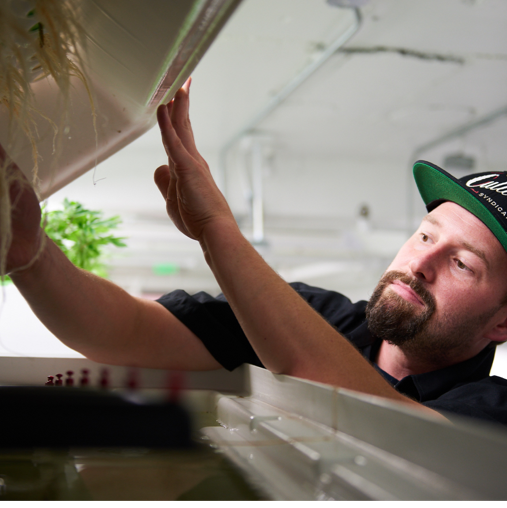Rebates are not Guaranteed
A few major electric utilities have recently reduced or eliminated their offerings for encouraging efficient cannabis grow equipment. Specifically, Massachusetts has raised efficiency standards (and lowered rewards), while Efficiency Maine and Snohomish PUD have withdrawn all financial support to cannabis growers. These changes reflect my consistent message to growers and lighting vendors – rebates are not a guarantee – lock them in now while they are real and significant.
Playing it “Safe” in Maine
Efficiency Maine (serving the entire State) and Washington State’s Snohomish PUD have decided that supporting the cannabis industry is too risky. They made widespread rulings prohibiting the allocation of efficiency funds to growers. The rationale was that if the federal government attacks the industry, businesses will shut down, and efficiency savings (which are calculated over 5 years) will be unrealized. Although this fear is understandable, growers are setting up operations, using double the electricity they might have otherwise. This puts unnecessary burden on infrastructure and ratepayers. In addition, cannabis growers are paying into public purpose conservation funds, which they are excluded from utilizing.
“Raising the Bar” in Massachusetts
In an effort to demonstrate environmental leadership, decision makers in Massachusetts created a maximum watt per square foot standard for cannabis operations. I am disappointed with this decision primarily because growing cannabis is an industrial process, as opposed to other end uses that are directly tied to a building. To my knowledge no other industrial process has ever been subject to energy code on a per square foot basis. Secondarily, this problematic because efficient grow lamps are 3-5 times the cost of inefficient ones. Policy makers have traditionally understood that for emerging technologies (such as grow lamps), the first to market are expensive, and that with a certain scale the price will drop. Thus, rebates are offered to encourage the adoption of better equipment. Raising the minimum standard should only be enforced once the new technology is widespread and the price reduced. Setting enforced standards prematurely forces all of the burden on already-strapped growers.
Is This a National Trend?
Yes and no. All types of rebates are subject to changing budgets, targets, and staff decisions. Additionally, the cannabis industry is political; depending on the views of utility decision makers, growers may be singled out. However, generally the trend has been for utilities to offer custom incentives to licensed cannabis growers and treat them like any other commercial customer. We estimate that 80% of commercial growers in the Untied States and Canada are eligible for rebates with their electric utility – you just have to ask!
Secure Rebates Today
For growers trying to plan future operations, my advice is to plan your facility and secure commitments from your electric utility early on. Utilities tend to be more flexible when given time and are involved in the planning process. Depending on the utility, you can lock in a pre-approval contract up to 24 months ahead of your install. Others give a 90-day window. However, until you are secured with a utility contract, nothing is guaranteed. One client recently delayed their utility application for three months – as a result they received a $60,000 lower rebate due to program changes.
Thank Your Utility
I am a firm believer in the value of leveraging utility dollars to implement energy efficiency projects, which reduces the need for new power plants and keep rates low for everybody. If you received rebate assistance, thank your utility and let them know how their money affected your equipment choice and your business’ bottom line. And always secure a contract with your electric utility before purchasing lights.




